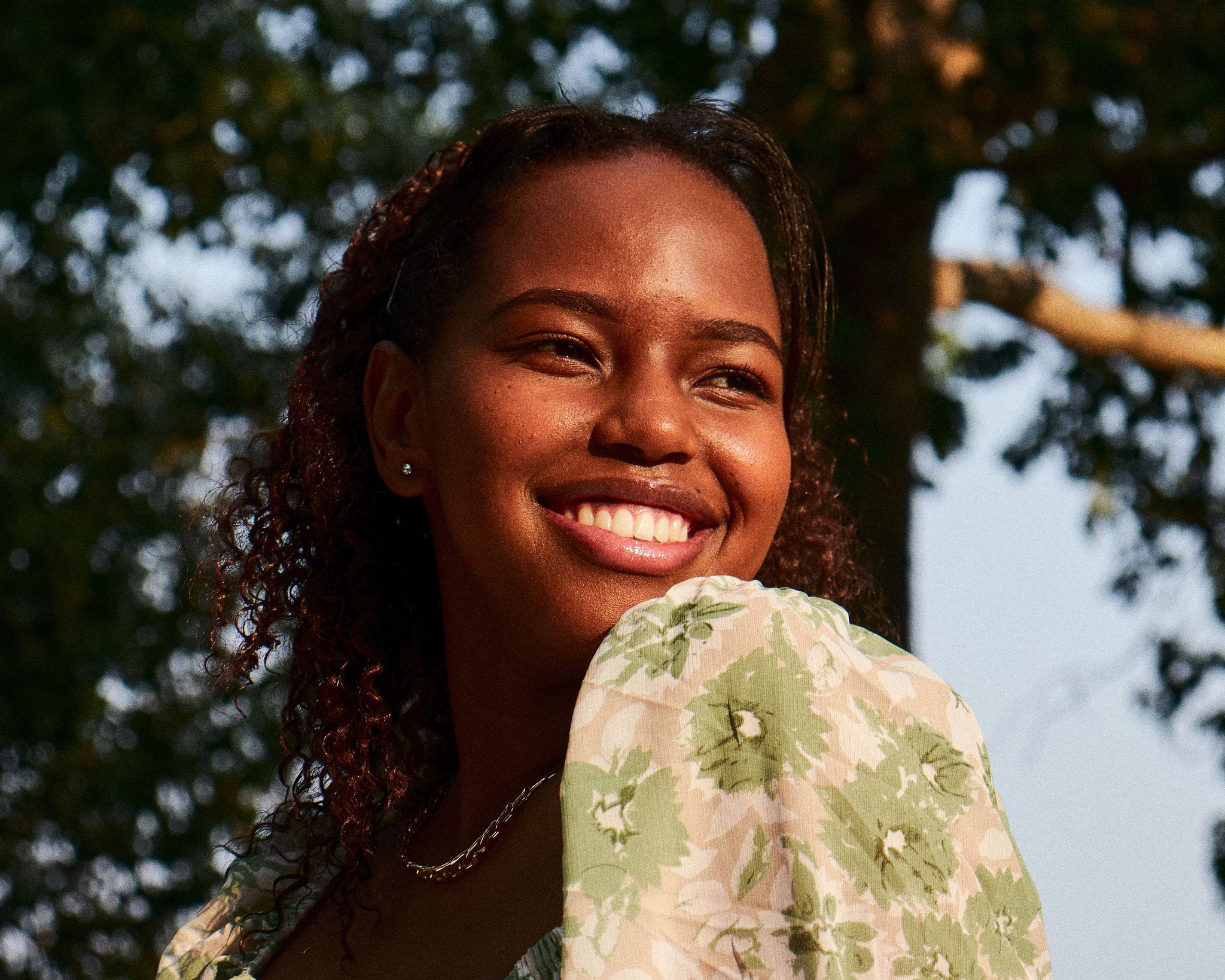When it comes to the season’s most popular activities, the snow and cold provide a perfect setting.
In close proximity to the mountains and multiple ski resorts, Lethbridge is home to many skiing and snowboarding fans. College students Erica Perreaux and Adele Minish can be counted among them.
 “I probably go three to four times a year,” says Perreaux.
“I probably go three to four times a year,” says Perreaux.
Although their avidness for the sport isn’t of X-Games proportions, the two boarders have been at it long enough to discover their comfort zones.
When it comes to considering safety concerns, Perreaux proceeds cautiously when going down steep hills.
“I will jump over little snow drifts but that’s it,” she explains.
Minish’s approach is a little different.
“I don’t think about it, I just go,” reveals Minish.
Although the two styles are nearly opposite, neither woman has been subjected to a snowboarding-induced injury.
“I’ve never seen anyone get hurt either,” says Minish.
Local business Alpenland Ski and Sports provides riders with a variety of items designed to prevent and reduce the severity of injuries acquired on the hill. Employee Jim Lawson says the store carries everything from padded shorts to wrist guards.
“There are many things out there to help mitigate injuries,” says Lawson.
When customers purchase equipment from Alpenland, the topic of safety is always covered, especially with the sale of a helmet.
A study released by the United States Consumer Product Safety Commission says helmet use by adult skiers and snowboarders can prevent or reduce the severity of head injuries by 44 per cent. Unfortunately, not all vendors make a point to discuss this important information with consumers.
“When I bought my board no one talked to me about safety, but it was on sale,” says Minish.
Regardless of location and difficulty, when Minish and Perreaux take to the slopes they always wear a helmet. Even though it’s the only form of protective gear they utilize, they do so consistently.
“Everyone in our group wears helmets,” says Perreaux.
“I’ve never gone skiing or snowboarding without one,” says Minish. “I know some hills have even made helmets mandatory.”
The recent tragedy involving world-class freestyle skier Sarah Burke has safety on the minds of many when it comes to downhill winter sports. While even the most unfortunate of accidents are not entirely avoidable, experts say the best way to stay safe is to know your limits.
On Jan. 28, the Lethbridge College Students Association hosted its second ski trip of the semester at Castle Mountain Ski Resort. With possible participation from 90 students, the LCSA relies on students respecting their comfort levels when it comes to safety on the mountain.
“People have to take their own responsibility. It’s just like when you go up there yourself. The mountains are a dangerous place,” says Aaron Chubb, events and communications co-ordinator of the LCSA. “It’s about knowing your limits, like not going onto a black diamond if you’re a beginner.”
When it comes to staying safe on the slopes quality protective gear is beneficial, although solid common sense may be the best defense.




